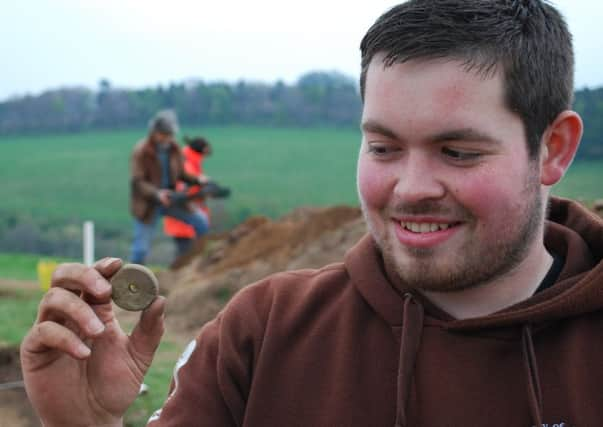Investigating northwest Europe's '˜lost kingdoms'


Researchers from the University of Aberdeen will excavate sites of lost kingdoms and seats of power in Scotland, Northern Ireland and the Republic of Ireland.
They will study in detail sites such as Burghead in Moray, Aberdeenshire, Cashel in County Tipperary, Republic of Ireland, and Dunseverick near the Giant’s Causeway in County Antrim, Northern Ireland.
Advertisement
Hide AdDr Gordon Noble from the university’s school of geosciences, who is leading the five year project funded by the Leverhulme Trust, said the nature of societies which filled the chasm left by the demise of the Roman Empire in the 5th century AD remains one of the relative unknowns of history.
He said while the names Burghead, Cashel and Dunseverick may not resonate in the same way as the late and post-Roman seats of power of mainland Europe, they have for centuries been overlooked in their historical importance.
“In contrast to the study of the Roman Empire and its successors, first-millennium AD northern Europe has not been studied to the same level and rarely within an international context,” Dr Noble said.
“It is generally considered that in northern Britain and Ireland, the Roman presence had only been fleetingly felt and that these societies were less developed than those of the successor states of the Roman Empire, with a comparatively flat social and economic hierarchy and lacking in developed structures of power and governance.
“But increasingly, the archaeological and historical evidence can tell a different story of complex, highly stratified societies with developed strategies of rulership and governance and sophisticated seats of power.”
Dr Noble and his team have already carried out excavations in Scotland at sites such as Rhynie, Aberdeenshire, finding substantial evidence of it being a sophisticated Pictish power centre of international significance, which enjoyed long-distance trade with Anglo-Saxon England, Frankia and the Byzantine world.